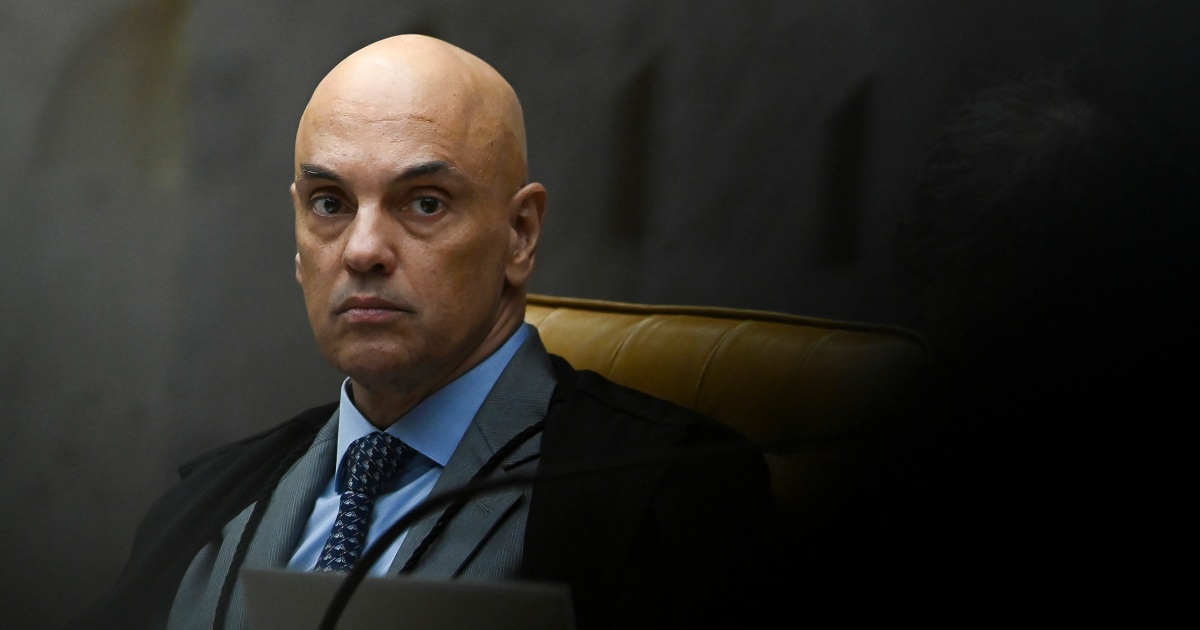The United States has initiated significant US sanctions against Brazilian Supreme Federal Court Justice Alexandre de Moraes, a move that directly escalates a complex web of international political and legal disputes. This action by the Treasury Department targets a powerful figure in Brazil politics, drawing sharp criticism from former U.S. President Donald Trump and highlighting the intricate relationship between judicial independence and foreign policy.
The imposition of these financial penalties comes in the wake of persistent criticism from Donald Trump, who has publicly expressed disdain for Alexandre de Moraes’s handling of various legal cases, most notably those concerning former Brazilian President Jair Bolsonaro. This long-standing tension underscores a broader narrative of political alignment and ideological clashes between conservative figures in both nations.
A pivotal factor preceding the US sanctions was a lawsuit filed by Trump’s social media company, Truth Social, against Justice de Moraes. This legal challenge arose from de Moraes’s order for video hosting platform Rumble to suspend accounts of a “well-known politically outspoken user,” whose services are utilized by Trump Media. This incident exemplifies the far-reaching implications of judicial decisions on digital free speech and international business.
Furthermore, these measures were announced merely two days before Donald Trump’s stated intention to impose 50% tariffs on Brazilian imports. Trump explicitly linked these proposed tariffs, in part, to the ongoing criminal prosecution of Jair Bolsonaro, an ideological ally. This suggests a multifaceted strategy by Trump to exert economic pressure intertwined with legal and political objectives, impacting International relations.
Treasury Secretary Scott Bessent, in his statement, vehemently asserted that Alexandre de Moraes has acted as “judge and jury in an unlawful witch hunt against U.S. and Brazilian citizens and companies.” The sanctions, which aim to block any property de Moraes might possess in the United States, underscore Washington’s resolve to hold foreign officials accountable for actions perceived as threatening U.S. interests and the freedoms of its citizens.
Recent reports from July 17 had already indicated significant behind-the-scenes activity, with Eduardo Bolsonaro, Jair Bolsonaro’s son and a federal congressman in Brazil, reportedly “working closely with the White House to impose sanctions on” de Moraes. This intelligence highlights the collaborative efforts between allied political factions across borders to influence judicial outcomes.
Justice Alexandre de Moraes serves as the rapporteur for crucial cases against Jair Bolsonaro and is a member of a five-judge Supreme Court panel overseeing Bolsonaro’s trial for alleged attempts to stage a coup against sitting Brazilian President Luiz Inacio Lula da Silva, among other charges. This central role places de Moraes at the heart of Brazil’s most sensitive political and legal controversies, further fueling the international spotlight on his actions and their impact on Brazil politics.






Leave a Reply